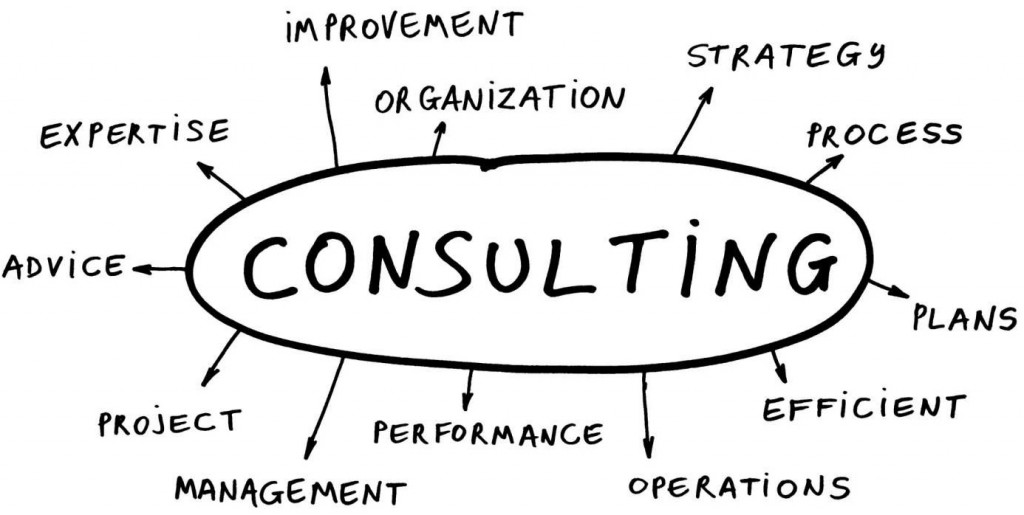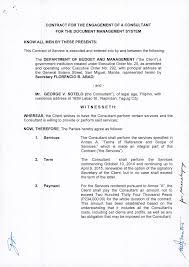
No matter your level of experience in social media management, you will find many useful tips and tricks to keep you on top of all the activity on your accounts. These tips include managing your time, creating a schedule and analysing the feedback from others. You will soon be a success once you master these tips.
Time management
A schedule can help you manage your time better. It can be hard to find time to do all your tasks if you don't have a schedule. Also, ensure that your workspace is organized. It is possible to improve your time management by organizing your workspace.
Another helpful time management tip for social media management is to set a timeline. You can then determine the best days to post new content. This can reduce your workload and allow you to spend more time creating content.

Create a schedule
A social media schedule can help you achieve your online goals. It allows you to create content plans and segment posts based upon your target audience. Then, you can automate your posts to make sure that your audience sees them at the right time. This will make it easier to save time and increase the likelihood of your content being shared. A strong social media strategy can increase visibility for your brand and build trust within your target audience.
You need to create a template before you start creating a social management schedule. A spreadsheet or Google Doc can be used to create columns for each month. You can also include your content and the sharing options. A social media schedule template will allow you to track your posts and make sure they are consistent.
Analysing your audience
The key to social media management is understanding your audience. It will influence the content you share with them and the way you communicate with them. You might want to segment your audience based on their demographics. Also, you may need to understand what your audience knows about your industry and products. By understanding your audience you can create messages that resonate, which will lead to higher enrollment.
The first step in audience analysis involves defining your target audience. This can be done by conducting market research or looking at your customer base. Advanced audience intelligence tools can give you rich, real-time insights into your target audience. Whatever your choice, an in-depth understanding of your audience will allow you to create relevant content and improve your business model.

Negative feedback can be dealt with
Social media management is a critical part of business. It can be difficult dealing with unhappy customers. But it is important that you remain open-minded and honest. Negative feedback can only lead to distrust and it is best not to ignore it. Instead, address it professionally and keep your customers satisfied. You may not like all of your products or services but there will always be someone complaining.
Even though online communication is mostly public, some situations require a more personal approach to dealing with negative feedback. If the customer has provided detailed feedback or requested sensitive information, it is best to move the conversation to a private conversation. If this is not possible, you may move the conversation onto another social media channel (email or direct message).
FAQ
What skills is required to consult?
Strong interpersonal and analytical skills are essential for consultants. This is vital because you may not understand the scope of your work. You need to be able to manage people quickly and solve problems efficiently.
You also need to have excellent communication skills. Most clients expect to hear back within 24 hours. If they don’t hear from you within 24 hours, they assume you don’t care. It's crucial to keep them informed and make sure they understand everything.
What can I expect of my consultant?
After you have selected your consultant, expect to hear from them within a few business days. They will typically ask for information about the company, such as its mission, goals. products and services. budget. Next, they'll provide a proposal describing the scope and estimated time frame, fees, deliverables or milestones, as well as an estimate of costs.
If everything is in order, then the parties will enter into a written contract. The type of relationship between them (e.g. employer-employee or employer-independent contractor) will determine the terms of the contract.
If all goes well, the consultant will start working immediately. You will have access both to your documents and internal resources and the consultant's skills and knowledge.
But don't assume that anyone who is a consultant has all the answers. It takes time and practice to become an expert on any subject you consult. You shouldn't expect your consultant will know everything you need to know about your business.
What types of contracts exist for consultants?
When consultants are hired, they sign standard employment agreements. These agreements include details such as how long the consultant will stay with the client, what he/she can be paid, and other important information.
Contracts can also indicate the areas of expertise that the consultant will concentrate on and the compensation they will receive. An agreement could state, for example, that the consultant will offer training sessions, workshops and webinars.
Sometimes, the consultant just agrees to complete certain tasks within a defined timeframe.
Many consultants sign independent contractor arrangements in addition to standard employment contracts. These agreements allow the consultant not only to work for himself/herself but also provide payment.
Who hires consultants
Many companies hire consultants to help with their projects. These include small businesses, large companies, government agencies and non-profits.
While some consultants work for these companies, others are freelancers. In either case, the hiring process varies depending on the size and complexity of the project.
When hiring consultants, you will probably go through several rounds of interviews before choosing the person you think would be best suited for the position.
Do I need a degree to be a consultant?
It is best to study a subject well and then practice what you have learned.
If you are interested in becoming a great advisor, then start learning now!
A degree without relevant experience may make it difficult for you to be hired. If you can show that your education is comparable to the job applicants, you may still be eligible for employment.
Employers will always be attracted to candidates who are able to apply their real-world skills.
How can I become a successful consultant
Finding a passion area is the first step. First, build relationships. It is important to understand the needs of clients and their business. Finally, you must deliver results.
While you don’t have to be the greatest at everything, you have to be better than everyone else. Passion is key. It's not enough to just say "I want to be a consultant." You must really believe in yourself and what you're doing.
How do you start an LLC consultancy company?
The first step is to decide what service provider you want to be. Then, make sure that you are qualified for these services. It is also possible to locate someone who has done the same job as you and find out how they do it.
Once you've identified the product or service you wish to offer, it is time to determine your target market. If you don't have enough, you might need to create them.
Then you need to decide whether you want to go into business for yourself or hire others to do it for you.
The state may also permit you to open your own consulting company. However, it requires some paperwork and fees.
Statistics
- Over 50% of consultants get their first consulting client through a referral from their network. (consultingsuccess.com)
- "From there, I told them my rates were going up 25%, this is the new hourly rate, and every single one of them said 'done, fine.' (nerdwallet.com)
- On average, your program increases the sales team's performance by 33%. (consultingsuccess.com)
- 67% of consultants start their consulting businesses after quitting their jobs, while 33% start while they're still at their jobs. (consultingsuccess.com)
- So, if you help your clients increase their sales by 33%, then use a word like “revolution” instead of “increase.” (consultingsuccess.com)
External Links
How To
How do you find the best consultant?
When searching for a consultant, the first thing you should do is ask yourself what your expectations are. Before you begin looking for a consultant, it is important to know what your expectations are. You should make a list of all the things you need from a consultant. This might include skills such as project management, professional expertise, communication, availability, and technical skills. You might also want to talk with colleagues or friends about their recommendations. Ask your friends or colleagues about any negative experiences they have had with consultants, and compare their recommendations with yours. Try searching online for recommendations if you don’t have any. You can post reviews on your previous work experiences on many websites like LinkedIn, Facebook and Angie's List. Look at the ratings and comments left by others and use this data as a starting point for finding potential candidates. Finally, once you've got a shortlist of potential candidates, make sure to contact them directly and arrange an interview. You should discuss your requirements with the candidates and ask them how they can help. It doesn't really matter if they were recommended; as long as they understand your business objectives, they will be able to show how they could help you achieve them.